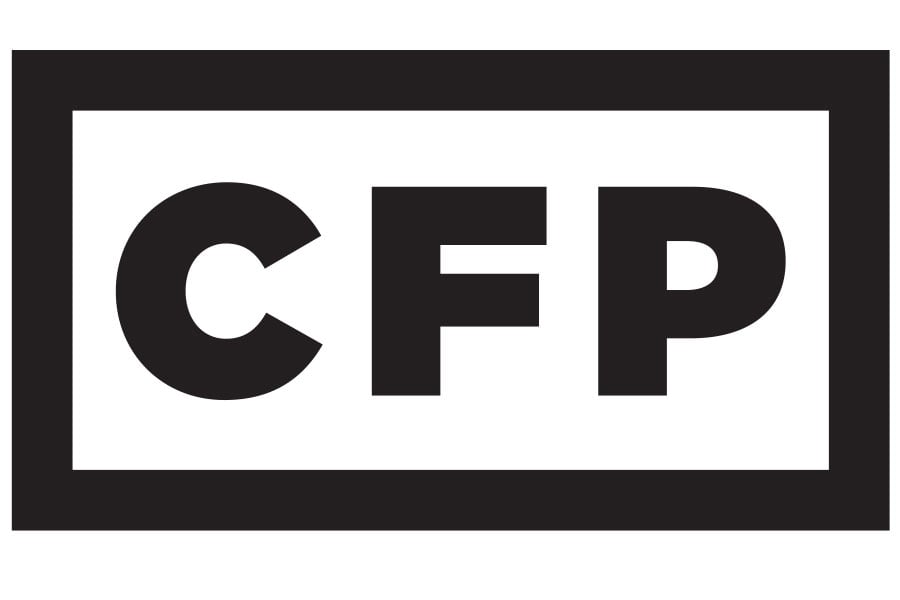

The Certified Financial Planner Board of Standards Inc. is seeking to increase the punishment for credential holders who do not disclose their own ethical missteps.
The CFP Board released proposals for public comment that would impose a public censure on CFP certificants who fail to notify the organization within 30 days about potential misconduct, or who file incomplete ethics declarations. The board also is proposing changes in how certificants can accept the censure.
The proposals to strengthen the CFP Board's sanctions guidelines and procedurals rules are the first recommendations to come from Commission on Sanctions and Fitness, which was established earlier this year to review the board’s rules for enforcing the conduct and ethics standards related to the CFP credential.
The deadline for public comments is Sept. 21. The CFP Board could modify the proposals based on the input it receives before releasing final rules. It also said it will provide a sufficient transition period before they go into effect. The whole process could take more than a year.
Under current CFP rules, a CFP holder’s failure to self-report misconduct or filing of an incomplete ethics declaration results in a private censure. A public censure entails highlighting the CFP in a press release and posting the violations on the CFP website.
The sanctions commission considered adding a monetary penalty, but did not include it as part of the proposal. It decided that a public censure was the strongest punishment, said Leo Rydzewski, CFP Board general counsel.
“It would let the world know that the individual had violated the CFP Board’s code of ethics and standards of conduct by either not providing information or providing inaccurate information,” Rydzewski told reporters on a Tuesday conference call.
The CFP Board is willing to consider a stronger punishment than public censure — including a monetary penalty — if that sentiment emerges during the comment period.
“We invite and hope members of the professional community will weigh in about what the appropriate sanction would be,” Rydzewski said.
The work on revising the sanctions guidelines comes in the wake of criticism over the last couple years of the CFP Board’s ability to enforce the ethical standards attached to the mark.
In late 2019, a task force issued recommendations for improving CFP enforcement. The task force was formed in response to a Wall Street Journal article that took the board to task over omitting negative information about CFPs on the board’s website, including regulatory and criminal problems and customer complaints.
Over the last year, the CFP Board has reformed enforcement procedures and governance practices to align with strengthened conduct standards that went into force in June 2020. They center on holding CFPs, including brokers, to a fiduciary standard whenever they provide investment advice.
The latest sanctions proposals are another step in strengthening enforcement related to the designation, said CFP chief executive Kevin Keller. He emphasized that the CFP mark is one of only a handful of credentials that have public sanctions for violations of their code and standards.
“I would characterize this as a continuous improvement of our effort to make sure that CFP professionals are living up to the high standards of CFP certification,” Keller said. “We take our obligation to enforce those standards seriously.”
The board will continue to rely on self-reporting or tips from the public to pursue enforcement for CFP standards violations.
The strengthened sanctions for self-reporting will help the board fill detection “gaps” that can crop up when the board combs state, local and court databases to find regulatory, civil and criminal infractions, said Tom Sporkin, CFP Board managing director of enforcement.
“There is a reason why self-reporting is still critical though we have, for the past two years, increased our proactive detection efforts,” Sporkin said.

Summit Financial unveiled a suite of eight new tools, including AI lead gen and digital marketing software, while MassMutual forges a new partnership with Orion.

A new analysis shows the number of actions plummeting over a six-month period, potentially due to changing priorities and staffing reductions at the agency.

The strategic merger of equals with the $27 billion RIA firm in Los Angeles marks what could be the largest unification of the summer 2025 M&A season.

Report highlights lack of options for those faced with emergency expenses.

However, Raymond James has had success recruiting Commonwealth advisors.
Orion's Tom Wilson on delivering coordinated, high-touch service in a world where returns alone no longer set you apart.
Barely a decade old, registered index-linked annuities have quickly surged in popularity, thanks to their unique blend of protection and growth potential—an appealing option for investors looking to chart a steadier course through today's choppy market waters, says Myles Lambert, Brighthouse Financial.
